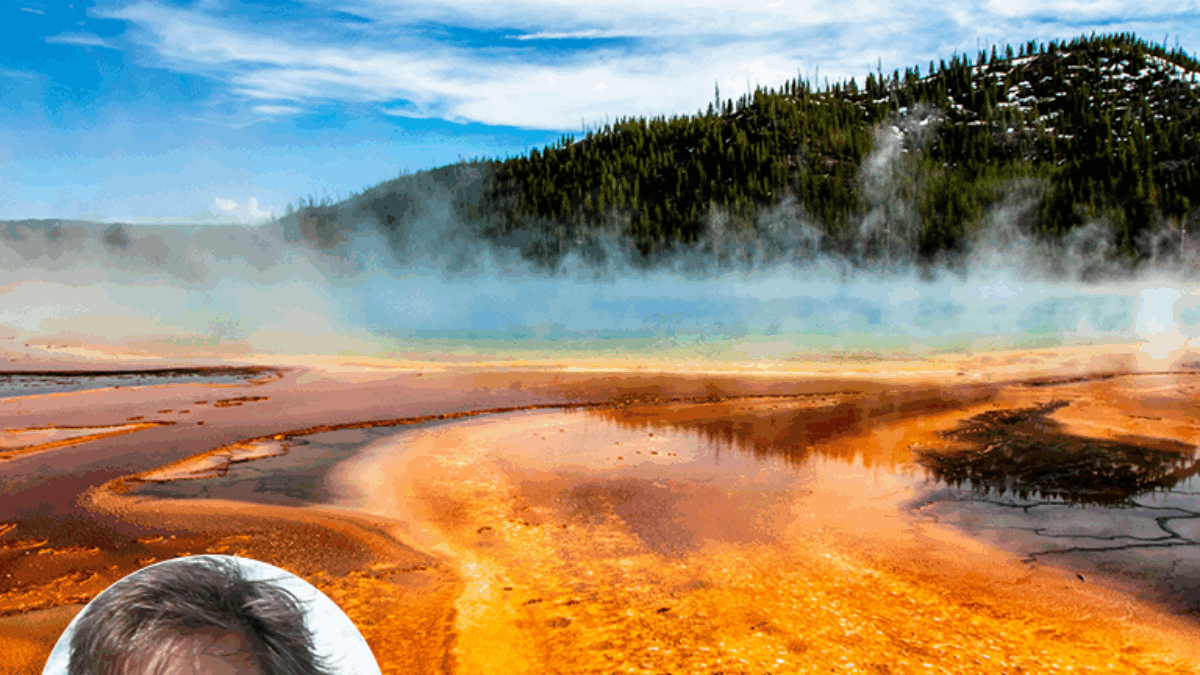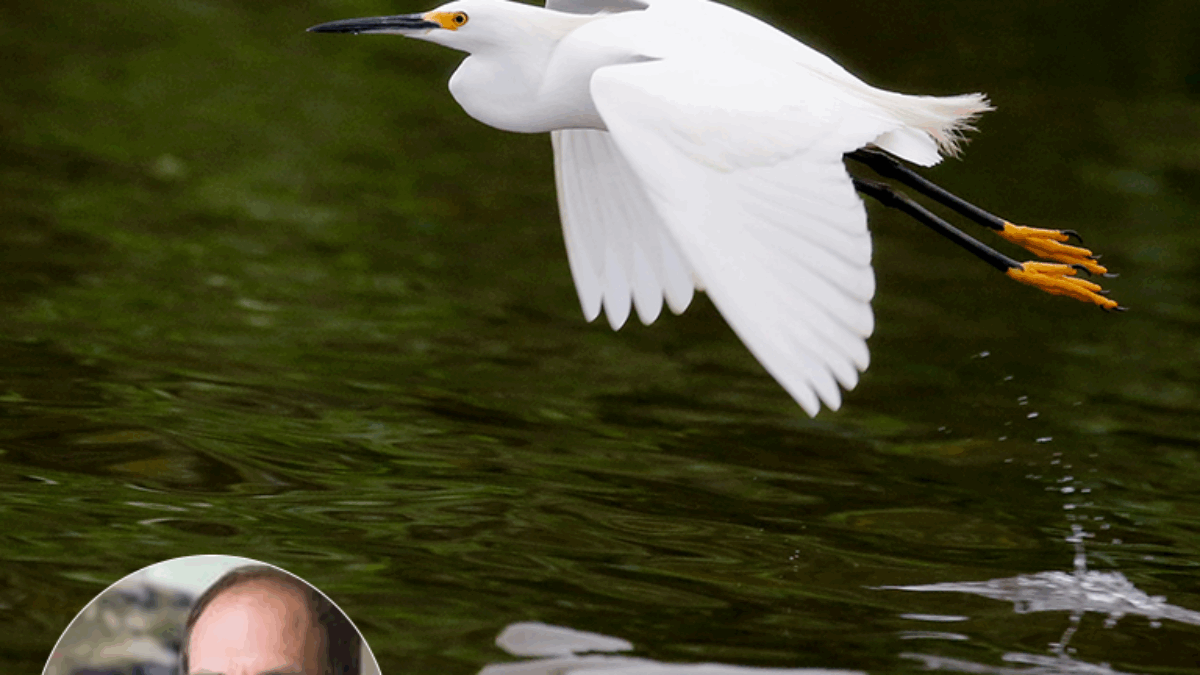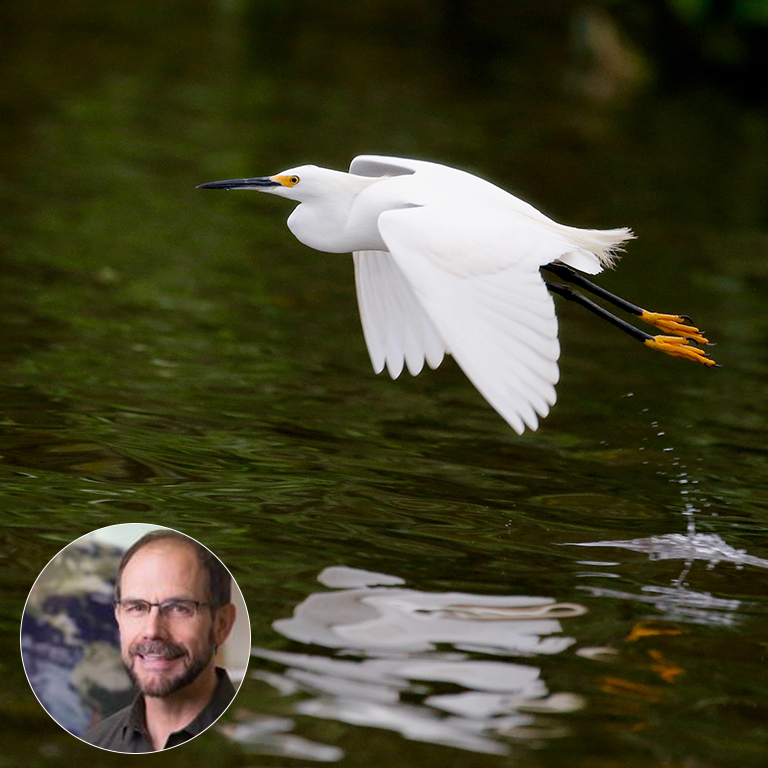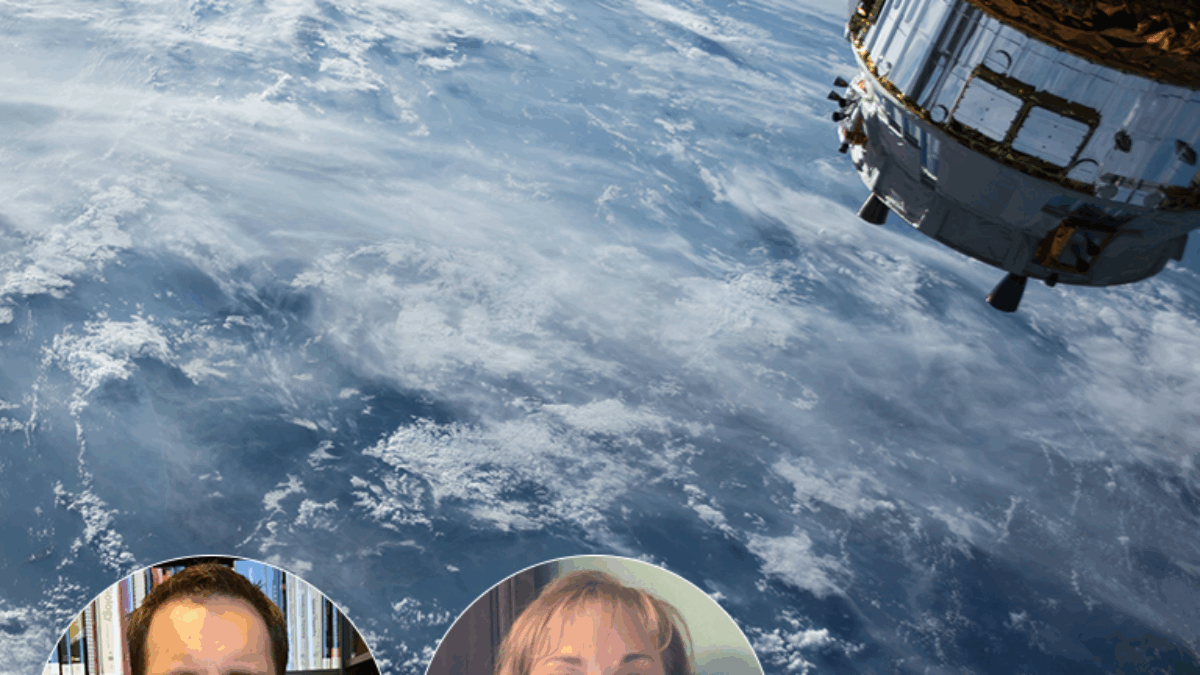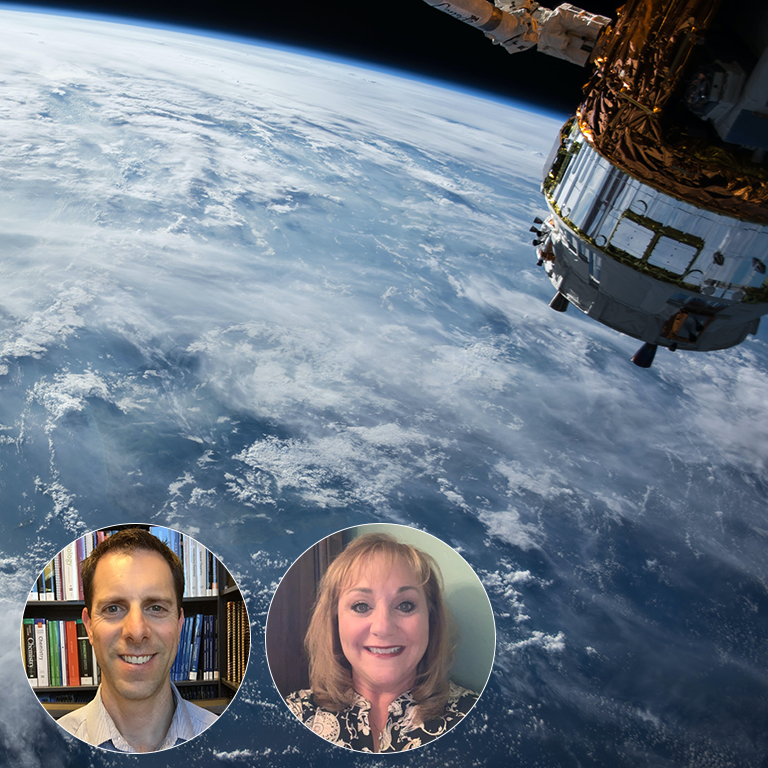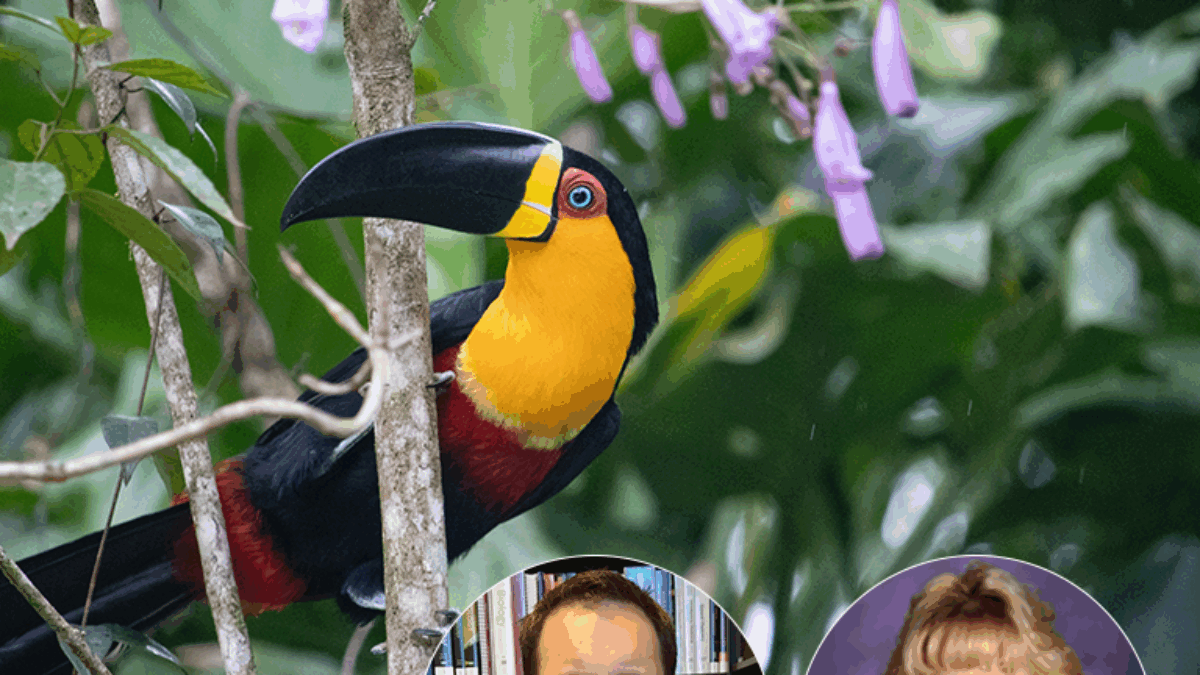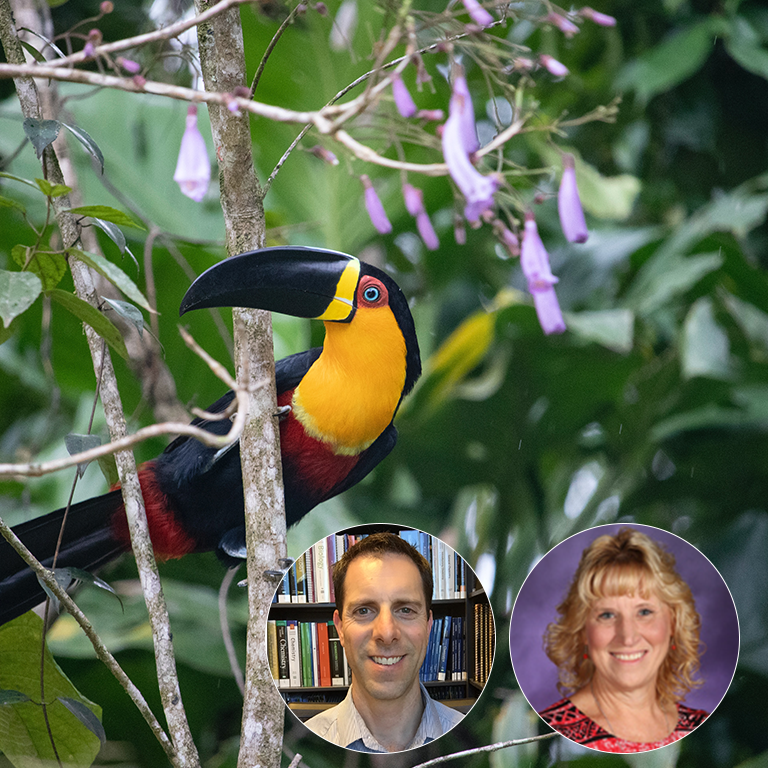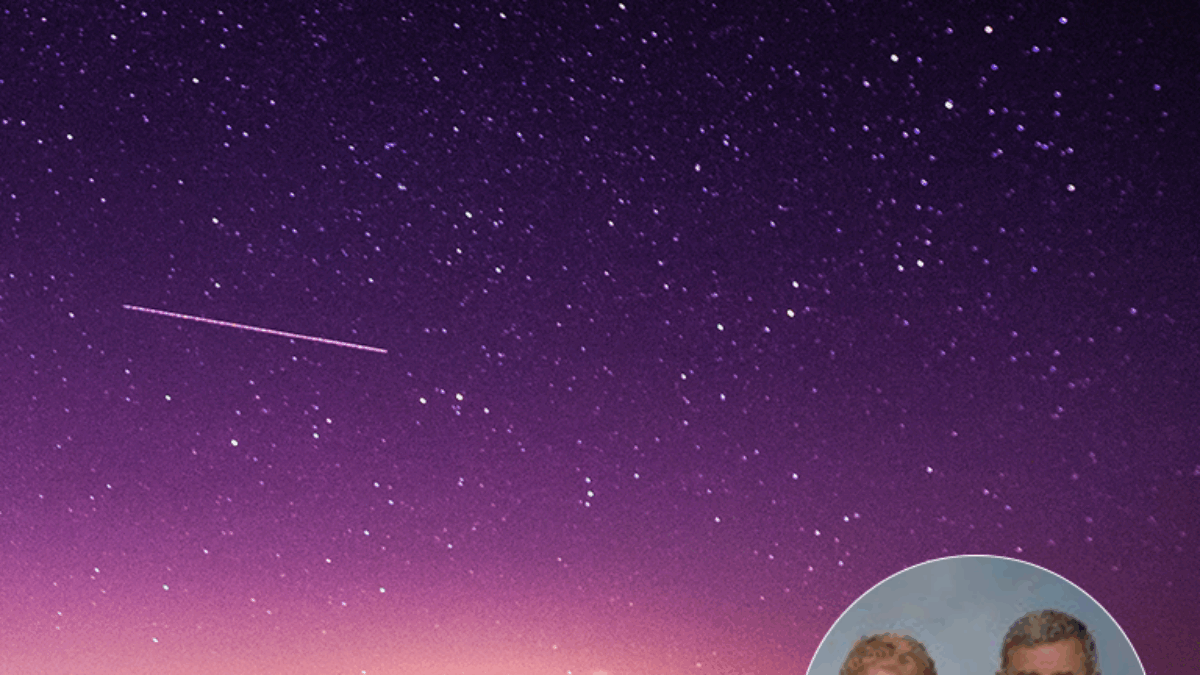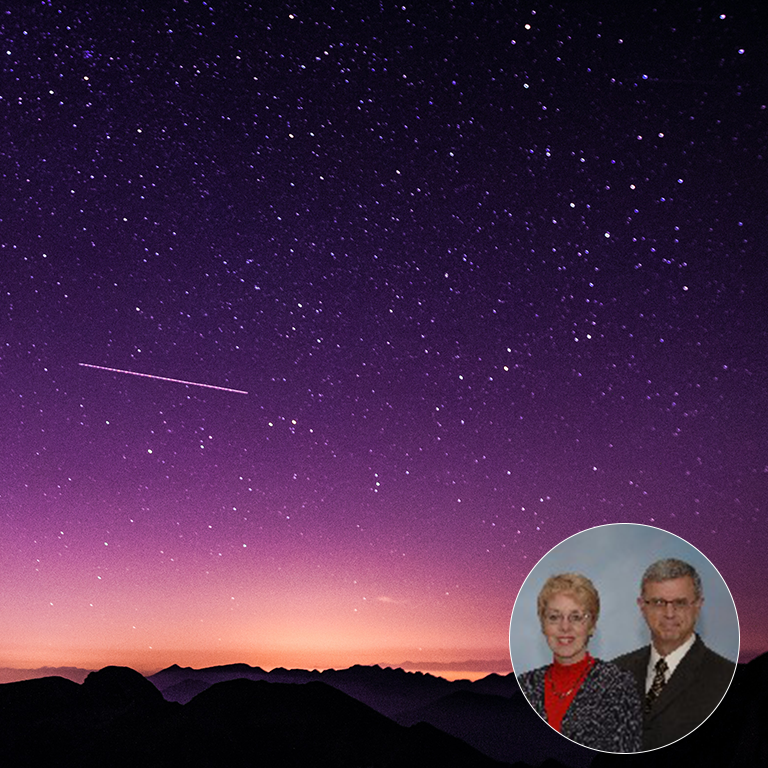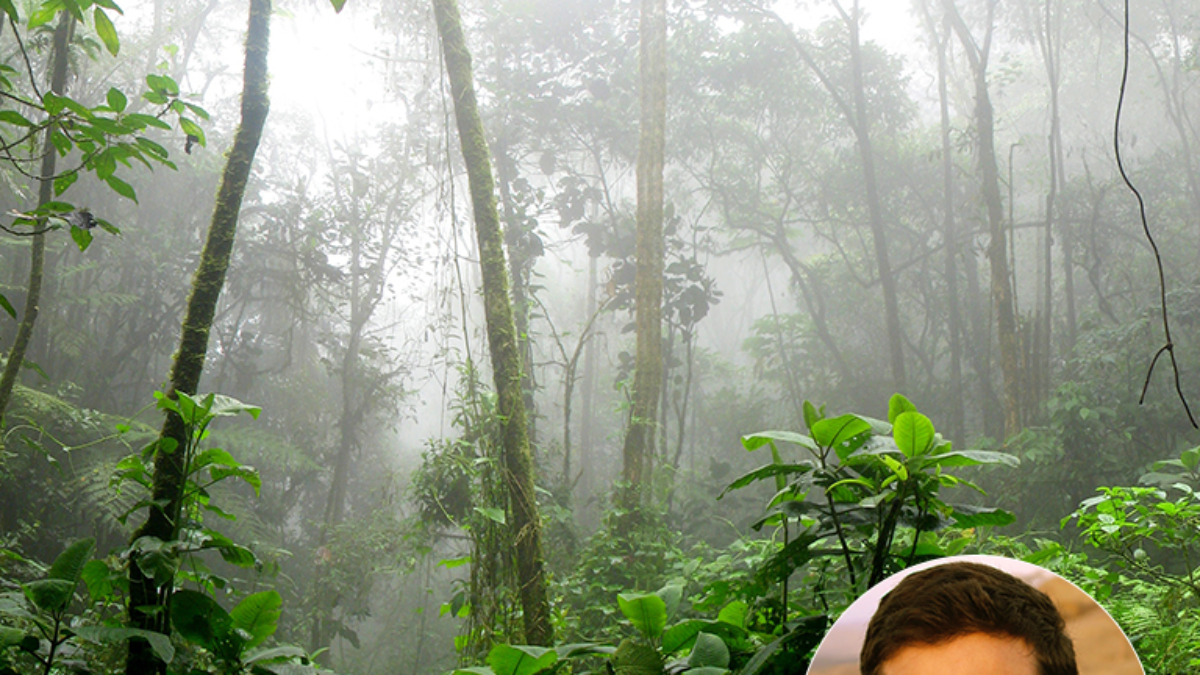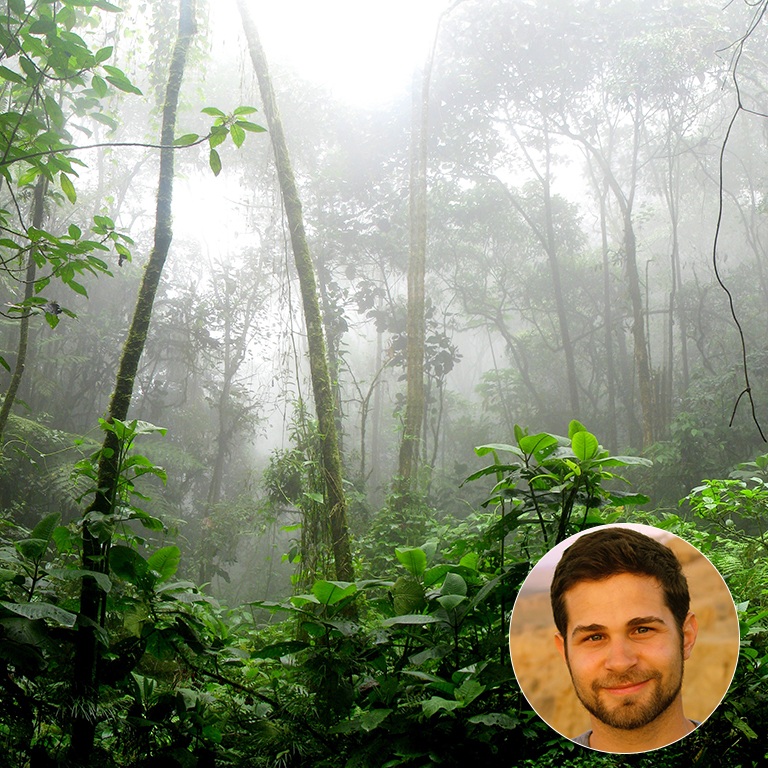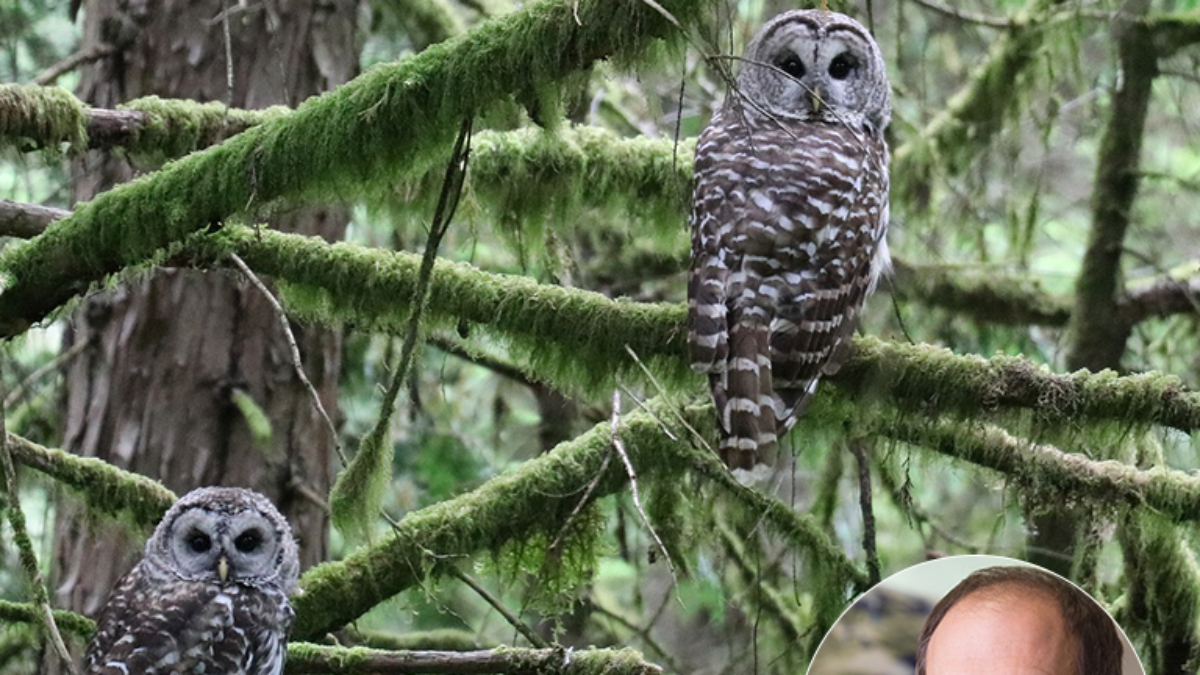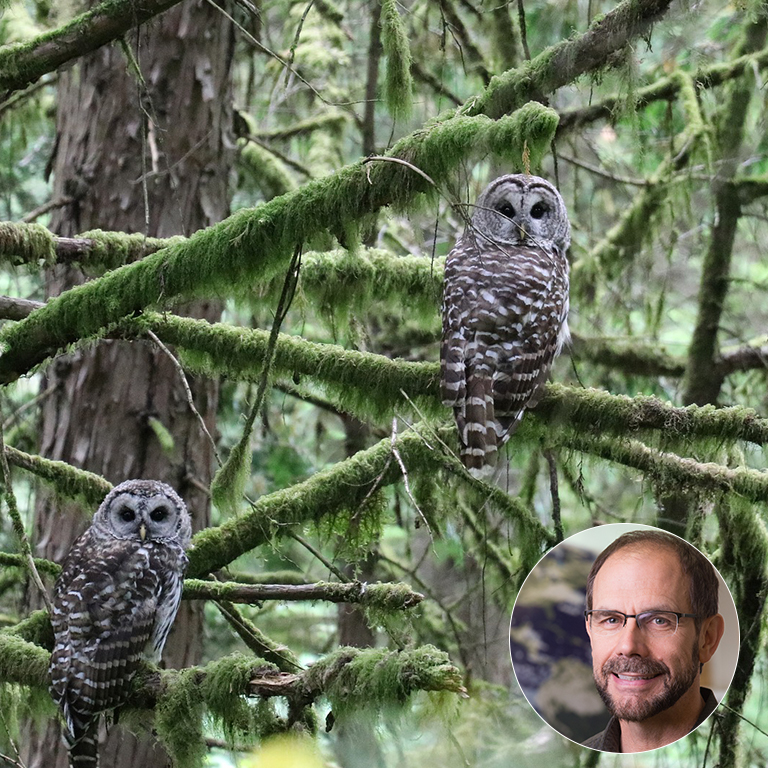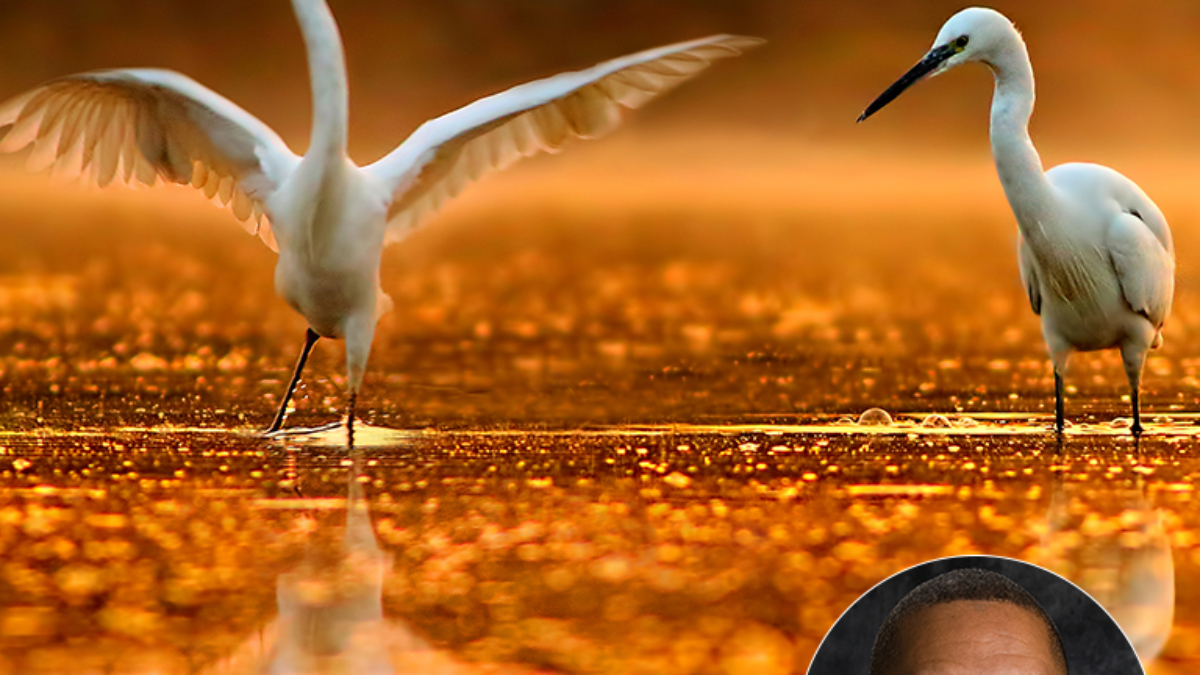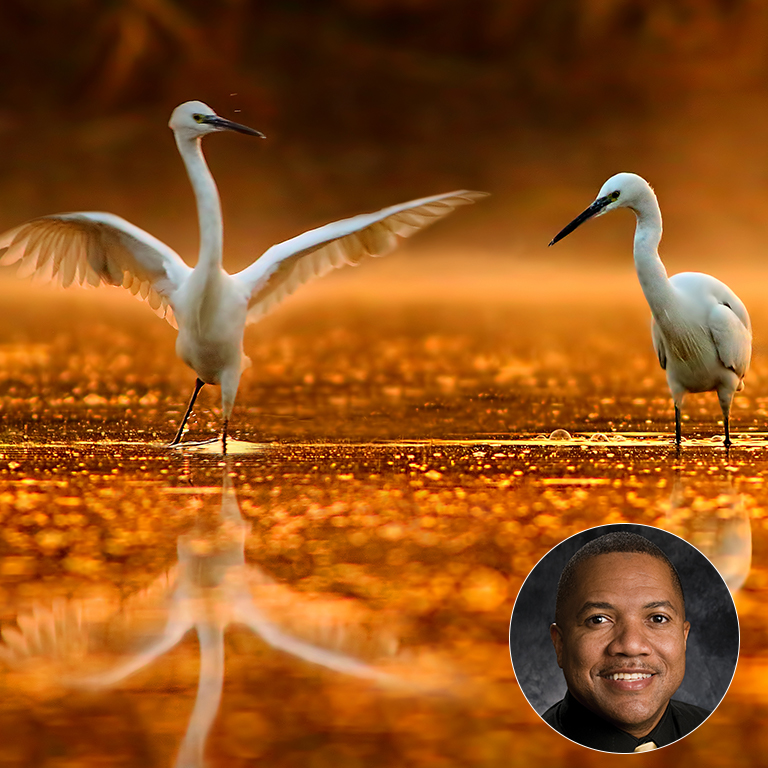Teaching Phenomena-Based Earth Science Using the Geology of Yellowstone
In this session, we explore a wide variety of earth science phenomena and how to apply these to high school earth science lessons. We tour Yellowstone’s unique geologic system and consider how it can form the basis for phenomena-based lessons that will meet several high school Next Generation Science Standards.
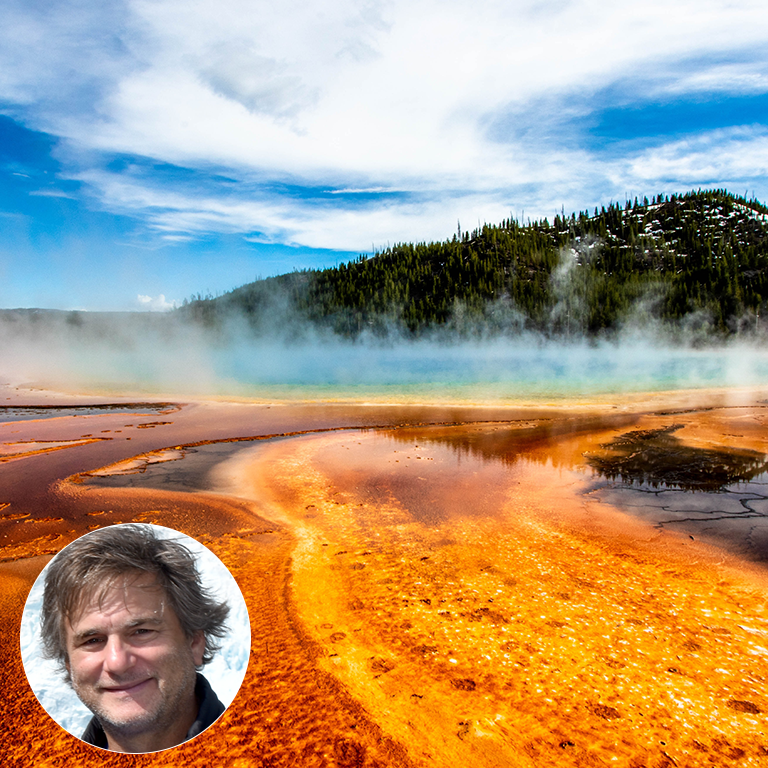
Marc S. Hendrix
Professor of Geology, University of Montana
Author, National Geographic Earth and Space Science
In this session, we explore a wide variety of earth science phenomena and how to apply these to high school earth science lessons. We tour Yellowstone’s unique geologic system and consider how it can form the basis for phenomena-based lessons that will meet several high school Next Generation Science Standards.
This session includes an overview of the Yellowstone Volcano and other natural hazards including earthquakes, hydrothermal explosions, and extreme wildfires. We examine glaciation, surficial deposits, and the impact of recent and ongoing climate change on the park’s ecosystem. We also look at the thermophilic microbes and what they can tell us about life on other planets. You’ll get access to real-time datasets of seismicity, thermal activity, and hydrologic changes within the park.
In this webinar replay, you will:
- Get lesson ideas and strategies to meet specific NGSS Earth Science standards
- Receive suggestions for using Yellowstone National Park for phenomena-based lessons
- Become familiar with a variety of publicly-available datasets that can form the basis for labs from the National Geographic Earth and Space Science program

